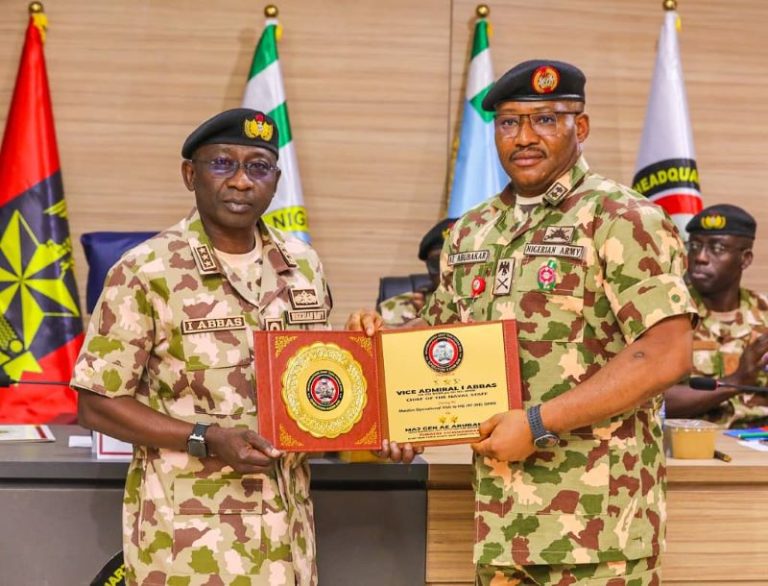By Odimmegwa Johnpeter, Abuja
The Joint Committee of the ECOWAS Parliament has issued a body of recommendations asking the Member States to develop national legislation on fighting cybercrimes in their jurisdictions as well as implement effectively the elimination of roaming charges in the Member States.
These were part of the recommendations contained in the draft report of the delocalized meeting of the Joint Committee on Political Affairs, Peace, Security and African Peer Review Mechanism/Legal Affairs and Human Rights/Telecommunications and Information Technology (TIT), held at Winneba, Ghana from July 27–31, 2021.
According to the statement by the Rt. Honourable Speaker of the ECOWAS Parliament, Dr. Sidie Mohamed Tunis in his closing remark, the draft report may be considered at the Plenary of the next session of the ECOWAS Parliament.
“The experts and resource persons have captured all the concerns and provided measures to ensure that all issues are resolved. They have also identified the relevant intervention and mechanism, hence enabling Parliament to make an efficient contribution in ensuring that recommendations are made to Plenary at the next session”, he said.
He, therefore, assured that “ECOWAS Parliament, working with all stakeholders, will endeavour to ensure that the growing threats and risks facing global cyberspace and digital networks, information systems and data in our region, are kept at bay”.
Indeed, the report contained general recommendations, those to be implemented at the level of the ECOWAS Commission, those to be carried out by the Member States as well as those to be implemented by the ECOWAS Parliament.
For instance, the recommendation for implementation by Member States includes, among others, “To implement effectively, the elimination of roaming charges as in the member countries; to abolish termination charges being levied by some countries in the region; inform, communicate to the public in their territories and cooperate to address cases of inadvertent roaming and ensure that service providers territories comply with the provisions; to prevent such risks, there is need to consider greater mastery of the technologies used, by adapting them to national needs and developing local expertise and adequate training of agents”.
Under the general recommendations, it includes: “To ensure effective implementation of the roaming regulation by all operators and in all Member States; Member States need to step up the inter-sectoral efforts required for the removal of SIIT in compliance with the Regulation; Communication to citizens, civil society and parliaments need to be stepped up to increase awareness of the benefits of the implementation of the regulation and the rights of consumers to this benefit; Administrative process (e.g gazetting) which are delaying the application of the regulation in some Member States need to speed up; Cross-border TIT infrastructure interconnectivity needs to be promoted and Parliaments should play a role in holding the stakeholders (relevant government ministries and regulators) accountable for the effective implementation in the respective countries for the benefit of the citizens”.
Furthermore, the responsibility of the ECOWAS Commission under the body of recommendations includes, among others, “To consolidate and publish all Community roaming tariff ceilings forwarded by National regulatory authorities, and follow-up and evaluate the implementation of the regulation; National Regulatory Authorities within the Member States shall send the tariff ceiling for communication services in their country (Voice, SMS and data) to the ECOWAS Commission for publication, as well as monitor the implementation by the mobile; Ensure Mobile operators in each country to implement the new tariff regime in line with the regulation and as mandated by the National Regulatory Authority and To facilitate a more affordable access of landlocked countries to submarine fiber optic cables through a full implementation of the regulation on conditions for landlocked countries to access national and international bandwidth”.
Other tasks for the Commission under the recommendations are, “To assist member states on the domestication and transposition of Community Texts on TIT and specifically; the directive on fighting against cybercrime; the Supplementary Act on Electronic Transactions and the Supplementary Act on Personal Data Protection; Ensure ECOWAS Commission and the Member States to take all the necessary measures in order to fully implement the free regional roaming regulation, as approved by the Council of Ministers in December 2017 in Abuja”.
Finally, the draft report’s recommendation mandates “ECOWAS Parliament ECOWAS Parliament to partner with the ECOWAS Commission in all the phases of the development and implementation of the TIT policies and programmes; Ensure that Member States need to step up the inter-sectoral efforts required for the removal of SIIT in compliance with the Regulation; Communication to citizens, civil society and parliaments need to be stepped up to increase awareness of the benefits of the implementation of the regulation and the rights of consumers to this benefit”.
The draft report also tasks ECOWAS Parliament to look into the “Administrative processes (e.g gazetting) which are delaying the application of the regulation in some Member States which needs to be stepped up”.
https://any.peopleandpowermag.com/ecoparl-joint-committee-recommends-national-legislation-to-eliminate-roaming-charges-fight-cybercrime/




